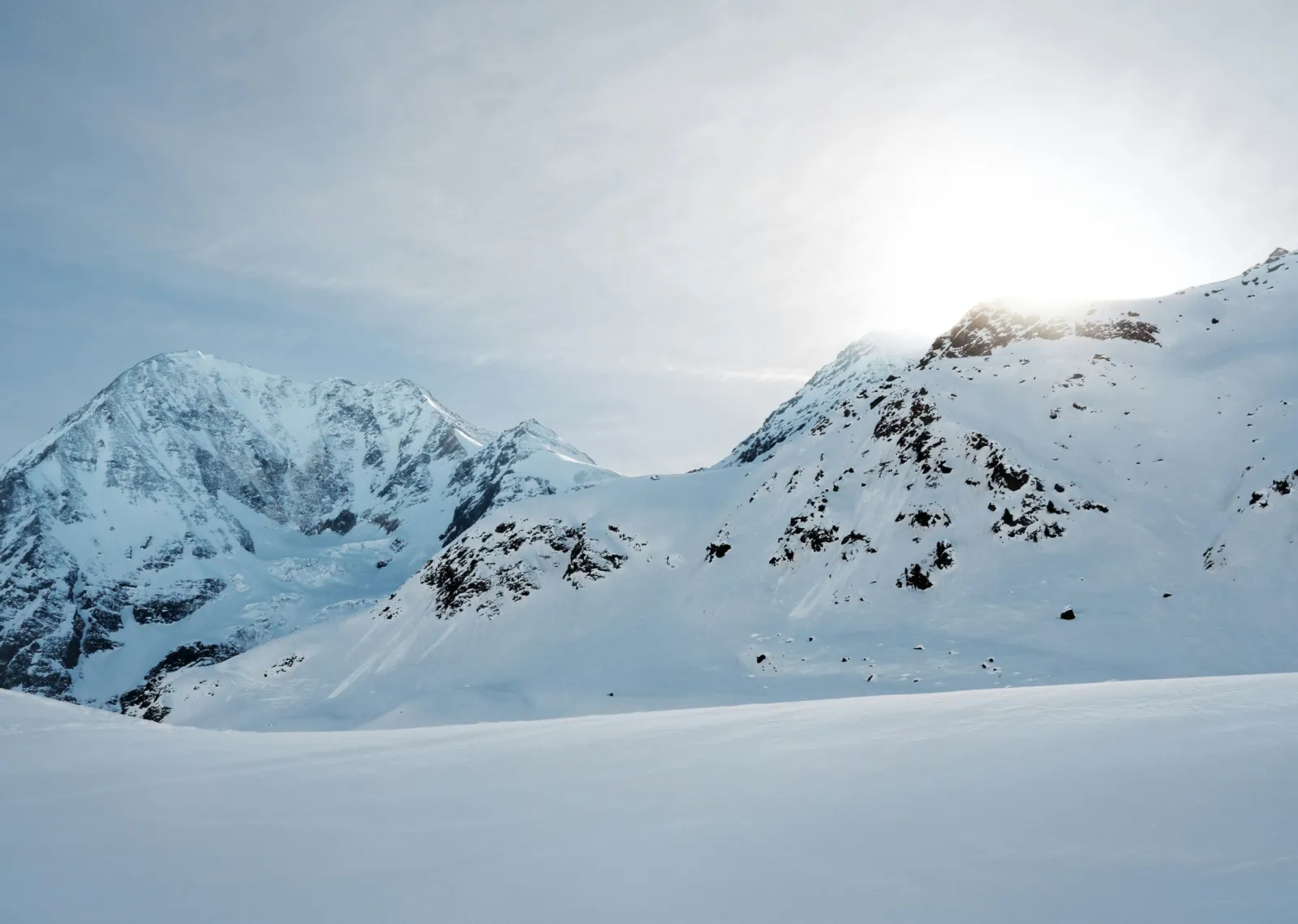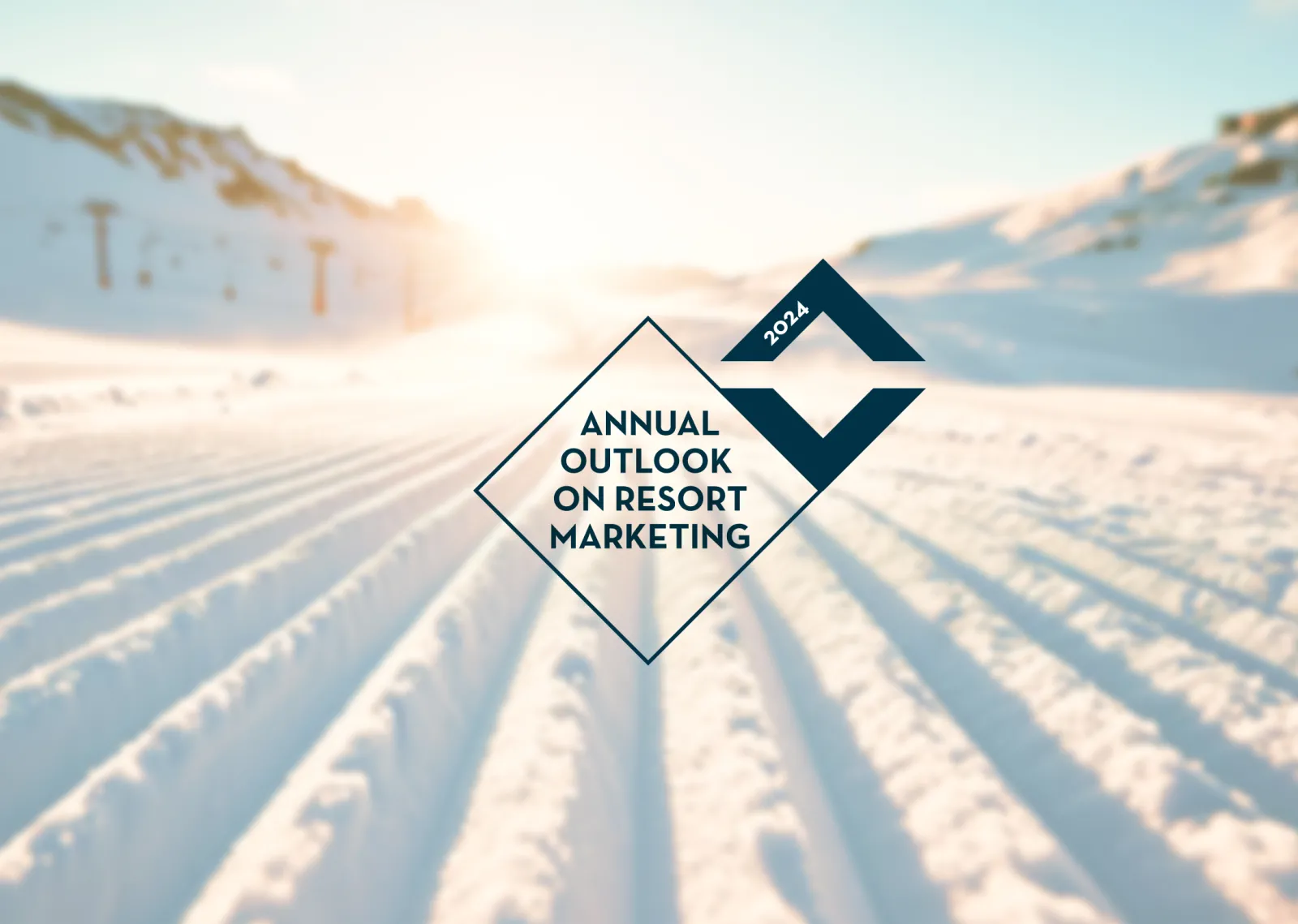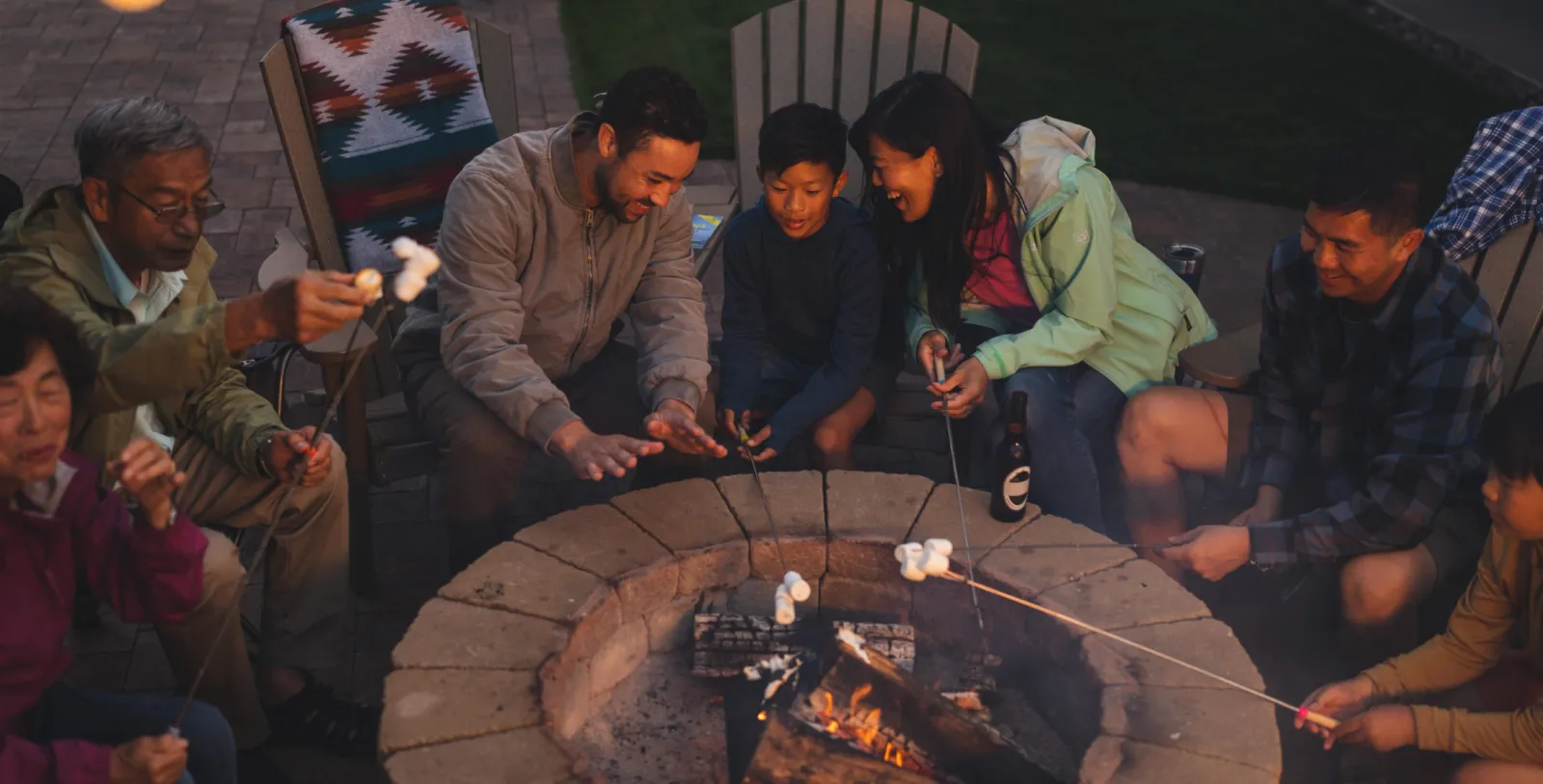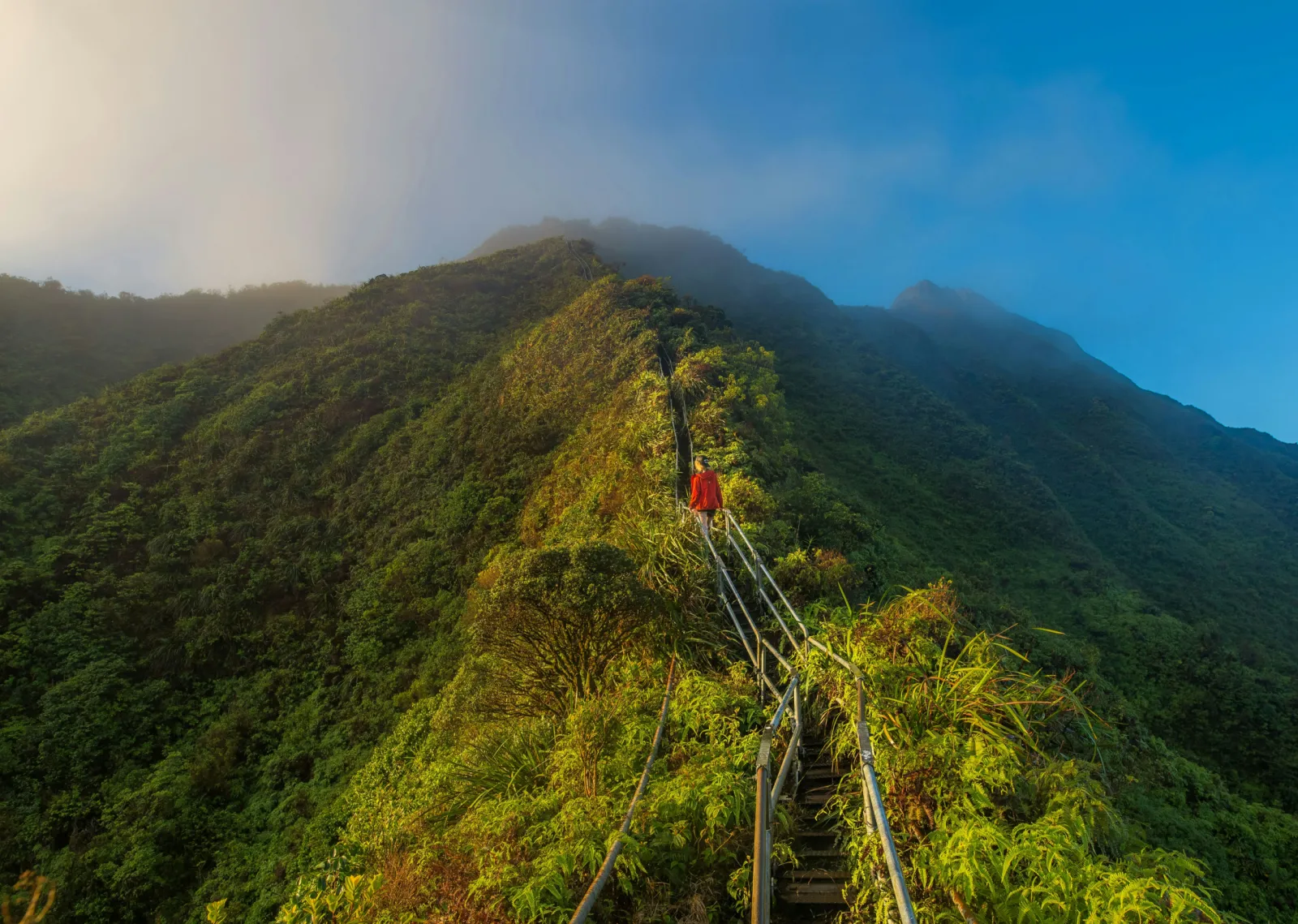Diversity in the outdoors
Many of us in the outdoor industry are working hard to foster a more diverse representation in outdoor-related content and businesses. For instance, at Origin, we’re always aware of showcasing diversity in marketing imagery.... but we’re also aware that it sometimes feels like a pretty small response to a big issue that few brands have managed to tackle head on.
How can we attract diverse talent and participation when we’re so often drawing from a pool that is overwhelming populated by cis-gendered white folk? How do we make it clear that the outdoors has room for everyone, regardless of race, gender identity, ethnicity, age, body type, physical ability, and so on? The conversations and questions aren’t easy; sometimes, they make us downright uncomfortable. But just because they’re not easy doesn’t mean they’re not valuable or necessary.
One brand that’s made impressive strides in recent years is Canada’s leading outdoor retailer,
So we sat down with Diana Etherington, MEC's Senior Community Manager to find out how they've approached the challenges and opportunities associated with diversity, and what lessons they can share.
Origin: First, tell us the why behind MEC's quest to change the perceived status quo.
DE: I believe the change was driven by a multitude of reasons; primarily including internal and external inquiry and dialogue around our actions, or lack thereof, in representing the diverse population that already exists in the Canadian outdoors. It took some key individuals to launch the conversation. Ultimately, MEC being a community-based organization, recognized that we needed to take a strong position around diversity and inclusion (D&I). This work commenced both from an organizational development perspective and through the outputs of each department; whether that be marketing imagery, size runs and unisex collections, store experiences etc.
Origin: What are some of the changes you've implemented at MEC to ensure diversity is part of your brand?
DE: One key action I believe supported MEC in incorporating D&I into our ways of working is the creation of a steering committee (Diversity and Inclusion Steering Committee, or fondly known as our DISCO), for which a lot of internal and external facing work is cross examined. This committee has been a great resource for the work we do within the Community team. I personally have also relied on both internal and external partners who are willing to share their perspective on decisions my team or I make – and it’s been critical for me to ensure those partners have diverse lives and/or professional D&I experience. I don’t presume to be an expert, but through working with friends and colleagues, I have upskilled myself over the past two years and now feel more confident making decisions or determining a course of action to ensure we are being inclusive within our program. I even questioned whether I was the appropriate person to speak to this. After consulting with our Chair of DISCO, Amil Reddy, I was reminded of the powerful role allies play in advocating for change. It must come from all of us.
In 2018, MEC signed the Outdoor Industry CEO Diversity Pledge, launched by Teresa Baker, founder of the African American Nature and Parks Experience. This pledge makes it clear what we’re committing to and holds us accountable.
Origin: How do you think about diversity at MEC? And, in your experience, how do we, in an industry that is predominantly white and relatively affluent, ensure that we don't just end up speaking into our homogeneous vacuum?
DE: I believe that the act of collaboration, allyship and ability to put one’s ego aside to make room for those who have different lived experiences, sets us up to change the narrative. Taking action in this matter is critical. I personally have had to recognize my own biases and have had to actively question my own lived experience to truly understand why, as a white heterosexual woman, my outlook will naturally be influenced by my inherent privilege.
Having a diverse team means ensuring that different ways of being, thinking, and creating change are represented. This is most effectively achieved with diverse lived experiences - inclusive but not limited to race and ethnicity, language, ability, gender, sexual orientation, economic status and other equity-seeking groups. You can’t innovate if everyone looks, thinks, and acts the same. We won’t know our gaps and opportunities until we hear from and celebrate difference. If you are a company that doesn’t want to stagnate or become irrelevant, you need to see the opportunity in surrounding yourself with a team that challenges you and has experienced life differently from you.
Origin: When I think diversity, certainly race and ethnicity is what first comes to mind... and I suspect I'm not alone. But are we also doing enough to ensure that other communities feel welcome? Such as non-cis gendered people, or those whose body types do not necessarily reflect our incorrect assumptions for active outdoors people? Or even those who are economically marginalized? Can you tell us a bit about MEC's point of view or activities when it comes to this
DE: Outside is for everyone. MEC recognized that by not representing Canada’s diverse population, we weren’t inspiring and enabling ALL Canadians to live active outdoor lifestyles, as our mission states. The work began with reflecting on our marketing imagery but has gone much deeper. For example, our Community team has and continues to evaluate our event programming and funding for non-profit groups to ensure we are doing the work in all areas. The DISCO continues to work alongside broader departments to examine our product, operations, stores, hiring practices, board development, and ultimately culture. Some great examples of celebrating inclusion at MEC are the Pride flags in all stores, amplified by an end-to-end Pride campaign that also supported local LGBTQ2S+ organizations. We also recognize the lands we work and play on through a permanent land acknowledgement and origin story at our flagship stores along with an in-store spotlight of local Indigenous youth led organizations. MEC is committed to learning, growing & doing better. This is a start.
Origin: Finally, what are some of the lessons you've learned along the way that you can share with other brands?
DE: Strive to be an ally. Stand up for those in a conversation where their voice is not represented. And when you are engaging with folks that have a different experience from you, don’t be afraid to say the wrong thing. Definitely do your part and educate yourself, as people with lived experience different than your own are not your personal Google. However, if you don’t get it right, admit it, thank them (or apologize depending on the situation) and move on. We’re all human and I believe that if you show your commitment to doing your part and take the actions necessary to do better, then you’re on the right track.
I think brands can start to think about internal resources around D&I, investment in education for leadership, and engaging consultants to review major projects, campaigns or bodies of work to ensure diverse perspectives. I also think that starting somewhere is better than starting nowhere, but the bar has been raised and there are certain things that I believe to be integral to catching up; it’s not acceptable to misgender or misname someone, use discriminatory language, limit space for different opinions, or stay quiet when you have a voice.
Origin: Diana - is there any creative we can showcase or any other materials we might be able to point people to?)
As the Senior Community Manager, Diana has led initiatives like:
-
MEC Campfire Conversation: Diversity in the Outdoors at Banff Mountain Film and Book Festival
-
Get the Scoop Hike, Vancouver, BC
-
Love Floats Pride Paddle with a special drag performance, Victoria, BC








